Dividing a business in divorce
willcrainexela • January 10, 2023
In many ways, the legal issues are the same in every divorce in North Carolina: If they have young children, the spouses must resolve questions of child custody and child support; and whether they have children or not, they must divide their marital property according to state law. This is rarely easy, but it can be much more complicated depending…
The post Dividing a business in divorce first appeared on Maitland & Stiffler Law Firm, PLLC.

As we approach the midpoint of 2024, it's a perfect time to reassess and update your estate plan. Life is constantly evolving, and it's essential to ensure your estate plan reflects those changes. Whether it's the birth of a child, a marriage, a divorce, or a change in financial circumstances, your estate plan should adapt to your current situation. Key Life Events to Consider Significant life events can have a substantial impact on your estate plan. Consider the following changes: Birth of a Child: Ensure your new family member is included in your will and consider guardianship arrangements. Marriage or Divorce: Update beneficiary designations and other legal documents to reflect your current relationship status. Change in Financial Circumstances: Adjust your plan to account for new assets or changes in your financial situation. Updating your estate plan will only take a few minutes of your time, but it can provide immense peace of mind by securing your future and protecting your loved ones. Take Action Now Many people hesitate when it comes to updating their estate plans. Don’t wait until it’s too late. Take action now by clicking here to answer a few questions and start the process. Investing a few moments today can make a significant difference in ensuring that your estate plan reflects your current wishes and provides for those you care about most. Reach out to Maitland & Stiffler Law Firm, PLLC, and let's schedule a brief call to discuss any updates or revisions needed for your estate plan. Secure your future by updating your estate plan with us today.

Selling your North Carolina home can be exciting. But while the process might seem relatively straightforward, it can be quite complex. This can leave you slightly on edge, especially once you realize that a mistake in the process can prove costly and could even derail the transaction altogether. This is especially true when issues pertaining to disclosure arise.

In the past, it was common for states to require a person seeking a divorce to present grounds for divorce — that is, to prove that their spouse did something wrong — particularly if the other spouse didn’t agree to the divorce. This system made it difficult to obtain a divorce, and trapped a lot of people in unhappy marriages.…
